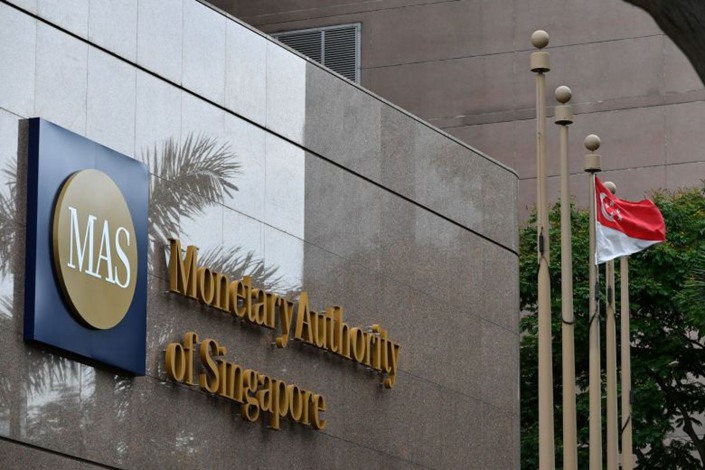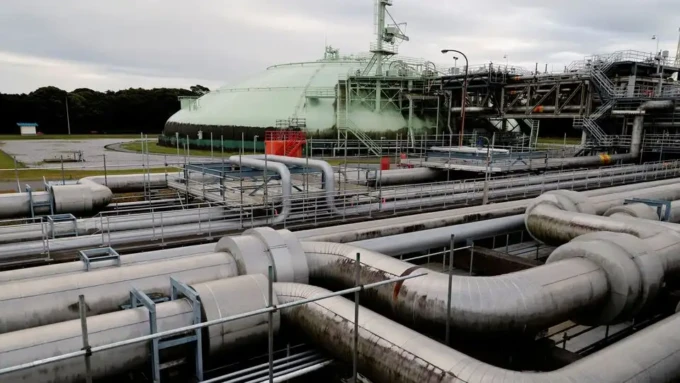Singapore’s central bank, the Monetary Authority of Singapore (MAS), has decided to maintain its current monetary policy settings, keeping the rate of appreciation of the Singapore dollar policy band unchanged. This decision follows a stronger-than-expected economic performance in the second quarter of 2025, which saw the country’s GDP grow by 1.4% quarter-on-quarter, helping Singapore avoid a technical recession.
The MAS attributed its decision to easing global trade tensions and improved financial conditions since April. Despite the pause in policy easing, uncertainties remain, particularly for 2026, as growth is projected to slow once earlier frontloading of exports tapers off. Core inflation remains subdued, with a year-on-year increase of 0.6% in June, down from a peak of 5.5% in early 2023.
Earlier in the year, the MAS had implemented two policy easings amid concerns over U.S. tariffs and global trade tensions. Economists suggest that the central bank is being cautious, assessing conflicting inflationary and disinflationary pressures from global trade shifts. Singapore’s unique exchange rate-based monetary policy continues to operate through adjustments in the slope, mid-point, and width of the Singapore dollar’s trading band.
The MAS’s decision to hold its monetary policy steady comes amid divided expectations among economists. Half of the twelve analysts surveyed by Reuters anticipated no policy change, while the other half predicted an additional easing. The central bank’s cautious approach reflects its assessment of the current economic landscape and its commitment to ensuring price stability and sustainable economic growth.
In summary, Singapore’s central bank has opted to maintain its current monetary policy settings, citing improved global trade conditions and stronger-than-expected economic growth in the second quarter of 2025. While uncertainties persist, particularly regarding future growth projections, the MAS remains vigilant in monitoring economic developments to ensure the country’s financial stability.











I wonder if maintaining the same monetary policy is really the best move with the changing global trade conditions. Thoughts?
Do you think Singapores central bank is being too cautious by maintaining the same monetary policy despite the positive economic outlook? 🤔
Im not convinced that holding the monetary policy unchanged is the best move. Could they be missing an opportunity for growth?
Im curious, do you think Singapores central bank should consider adjusting monetary policy to prevent overheating in the economy?
Do you think Singapores central bank is being too cautious with its monetary policy despite the positive economic outlook? Lets discuss!